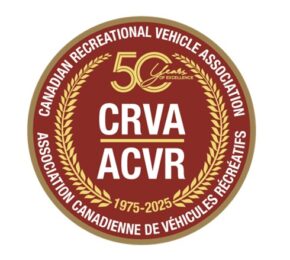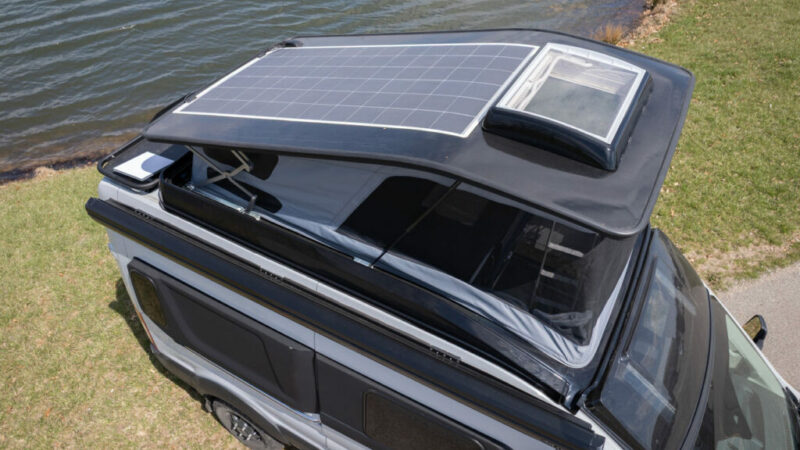What do Ducks Eat?
Lead photo: The American black duck is a large dabbling duck. Both male and female black duck resemble a mallard hen, but have noticeably darker black-brown body that contrasts with their light brown head. Scientific name: Anas rubripes; Average life span: 27 years; Length: 48-63 cm; Weight: 1160-1330 g. Photo ©DUC
What’s on the menu for wild ducks?
Ducks have varied needs when it comes to nutrition—but they don’t need bread.
A special feature from our friends at Ducks Unlimited Canada
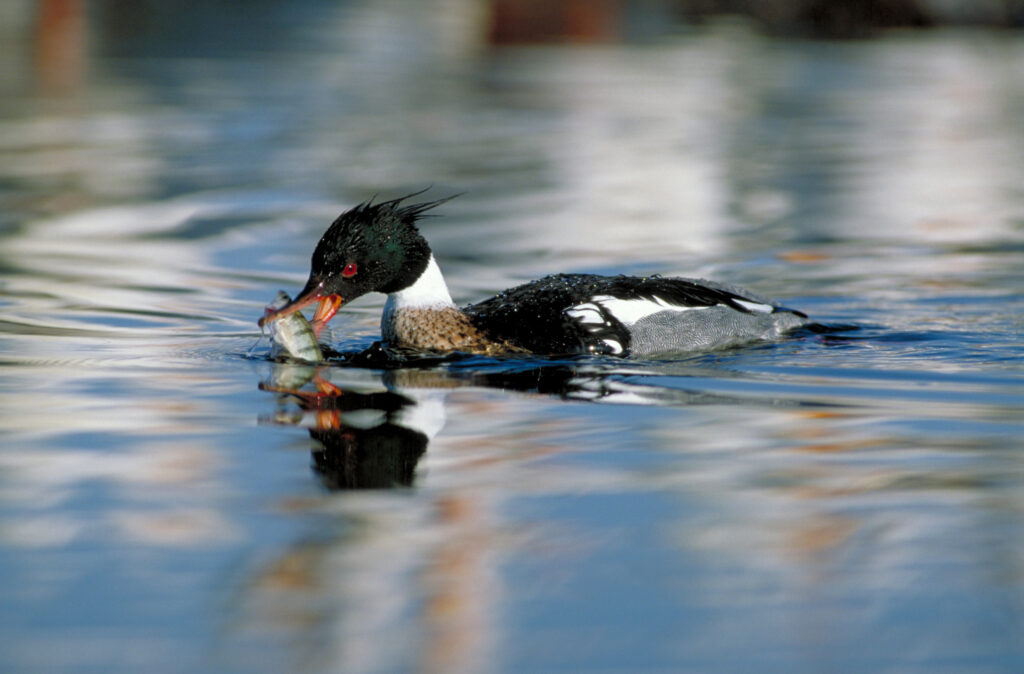
Ducks are social creatures – just like us – and watching them interact in pairs or flocks can be fascinating. They can be funny, too, especially when you have a little knowledge in your back pocket about their habits and behaviour!
Wild ducks spend much of their lives hunting for food, and you can often see ducks along the shorelines of Canada’s lakes and waterways.
What do ducks eat?
It might surprise you to know that different wild ducks have very different menus, depending on the kind of duck, their environment, and even the season.
- Healthy Lakes: Healthy lakes and waterways can be spoiled by too much blue-green algae. Do you think you may have spotted blue-green algae? Our quick quiz can help determine what you saw and what you can do about it.
In spring and summer, ducks can find a wide range of natural foods including fish, plants and invertebrates—those tiny creatures like snails and insects—in Canada’s lakes, wetlands and waterways. Many ducks will also search on land for seeds, grains, or other nourishing delicacies like insect larvae!
Different duck species have distinct dietary needs…
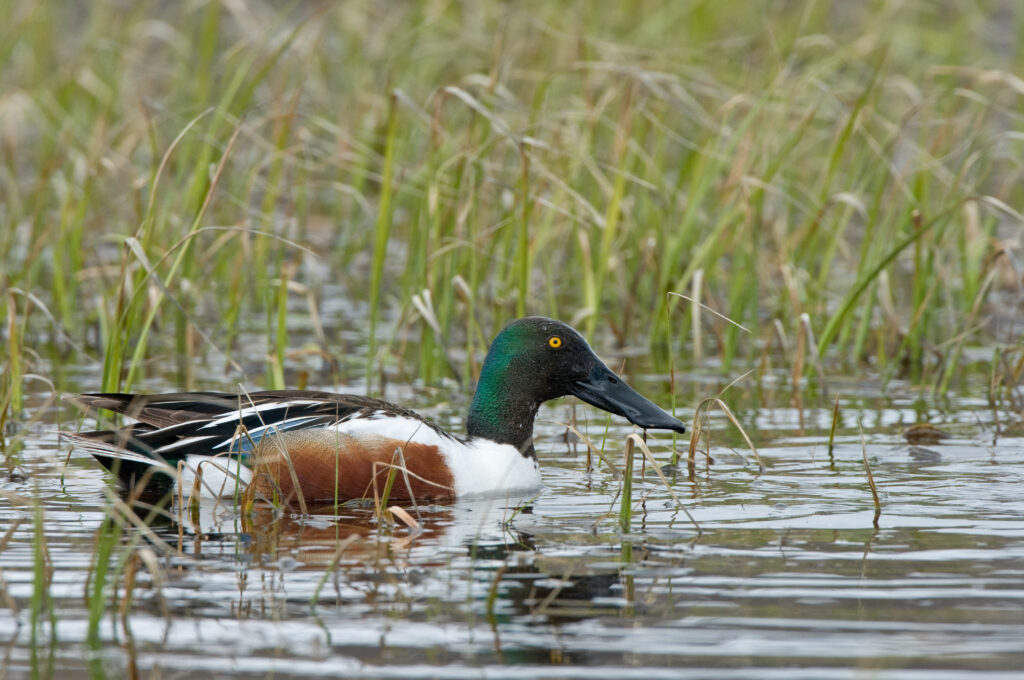
Different ducks prefer certain foods to meet their nutritional needs. In fact, ducks often have special adaptations to help them eat those foods. For instance, mergansers, diving ducks with a fondness for fish, have narrow, serrated bills that help them grasp their prey.
On the other hand, northern shovelers have wide, flat bills with comb-like edges to capture delectable seeds and small crustaceans. Their big beaks inspired the nickname used by waterfowl experts, birders and hunters: “spoonbills”.
Among the dabbling ducks, mallards stand out for their broad and adaptable food choices. They have an affinity for variety that is partly guided by the time of year. Prior to nesting, female ducks lean into a high-protein diet. But when migration is on the horizon, they shift gears and load up on carbs to fuel long-distance flights over an ever-changing and unpredictable landscape.
- Learn all about waterfowl: Find out how DUC’s work to protect nature helps waterfowl thrive in Canada.
Wondering whether to feed wild ducks?
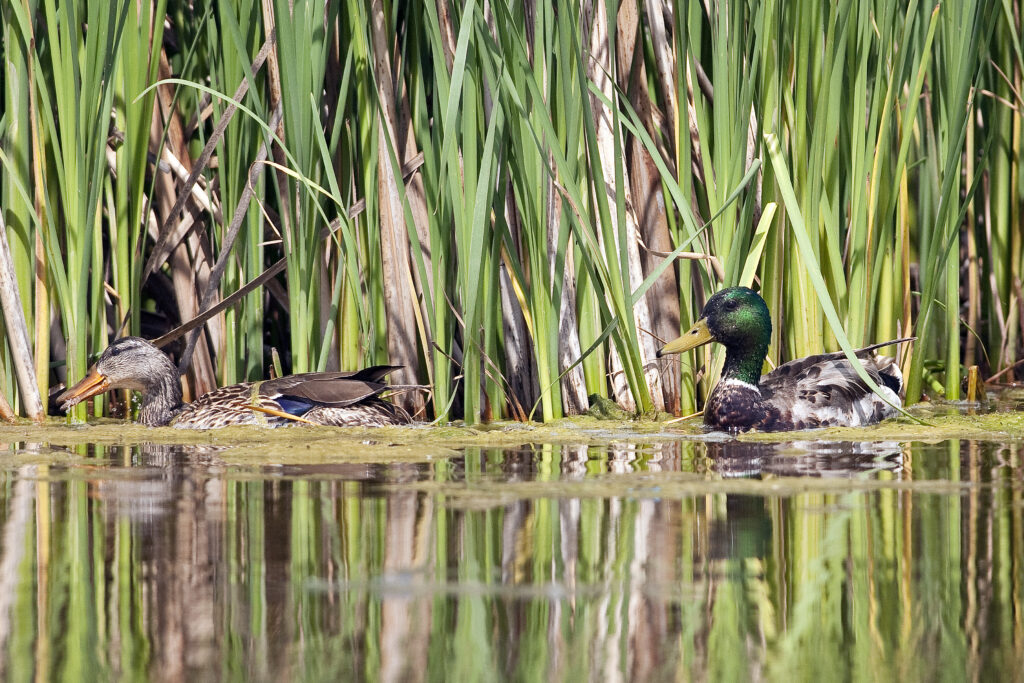
Although it might be tempting, please do not feed wild ducks. Waterfowl are excellent survivors, and they need wild food. What we offer them is often not as nutritious as foods they find in the wild. Some foods, such as bread, may even make them sick.
Hand feeding can also make wild ducks dependent on people for food. As well, hand-fed birds may get into trouble by hanging around when they should be migrating or coming too close to pets or other hazards.
Want to learn more about waterfowl habits and behaviour?
Subscribe to Duck Doctors on YouTube so you don’t miss the next video!
Learn about ducks and wild foods from the experts…
Lauren Bortolotti is a research scientist with DUC’s Institute of Wetland and Waterfowl Research.
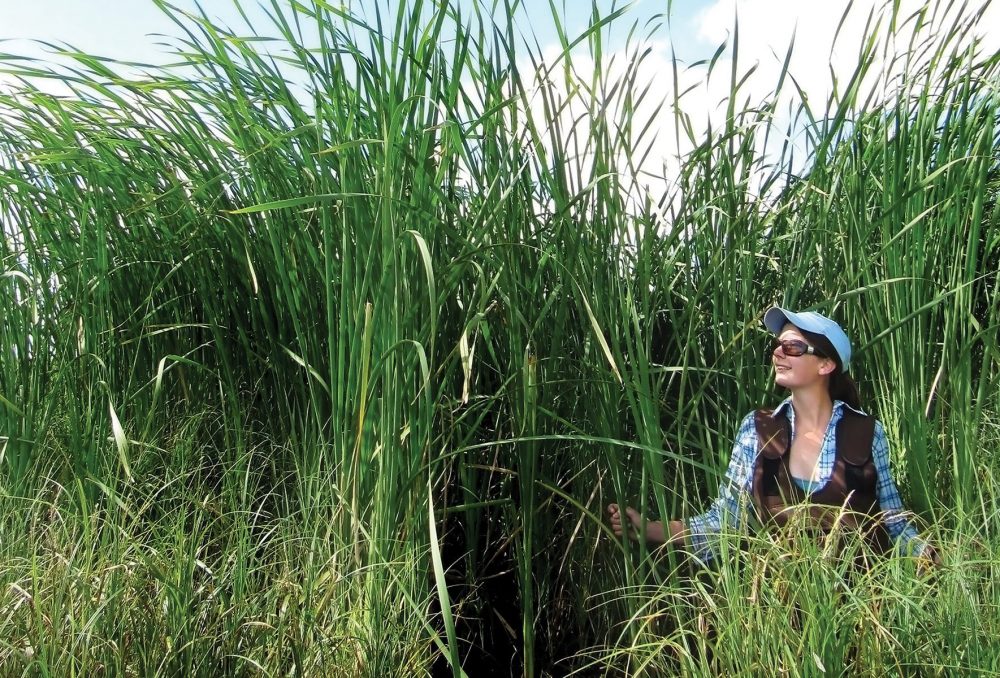
Read Lauren’s story here:
www.ducks.ca/stories/conservator/why-join-ducks-unlimited-canada/



